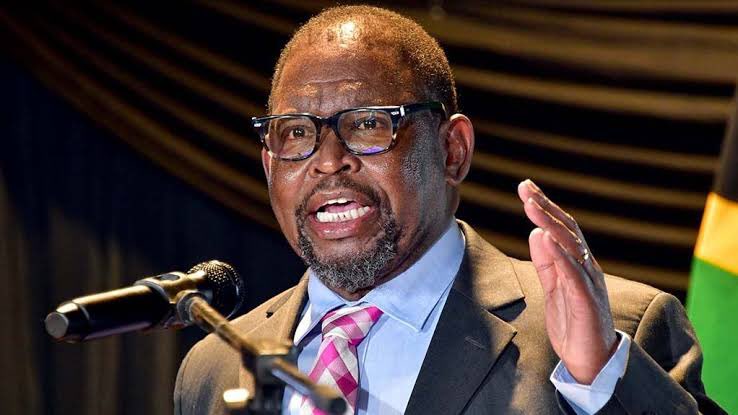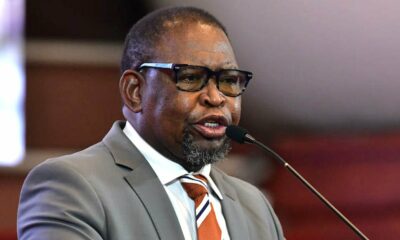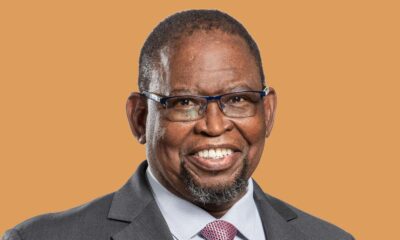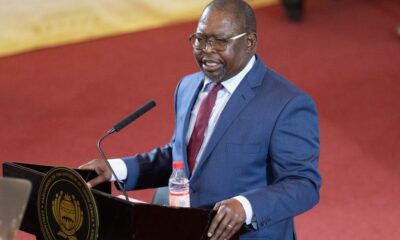News
Who Pays the Bill? Godongwana Questions the Cost of Free Healthcare for Undocumented Migrants

Who Pays the Bill? Godongwana Questions the Cost of Free Healthcare for Undocumented Migrants
A difficult and politically charged question is being asked at the highest levels of government: can South Africa’s already strained metropolitan cities afford to provide free healthcare to undocumented foreign nationals? Finance Minister Enoch Godongwana has publicly cast doubt, igniting a complex debate that sits at the intersection of humanitarian duty, fiscal reality, and immigration policy.
The minister’s comments have thrown a spotlight on the immense financial pressure facing major urban hubs like Johannesburg, Tshwane, and Ekurhuleni. These metros are on the front line, grappling with the practical implications of providing essential services to all who reside within their boundaries, regardless of their legal status.
The Crushing Weight on City Coffers
Minister Godongwana’s central concern is affordability. His questioning implies that the National Treasury is deeply worried about the unsustainable burden being placed on municipal health budgets. The costs involved are not trivial; they encompass everything from emergency room visits and maternal care to the treatment of infectious diseases and chronic conditions.
When a city’s health department is mandated to provide care without a corresponding allocation of funds from the national fiscus, it is forced to make impossible choices. The money spent on patients who are not South African citizens is money that cannot be spent on maintaining clinics, hiring nurses, or reducing waiting times for local taxpayers. This creates a tangible strain that affects the quality of care for everyone.
A Humanitarian Imperative vs. Fiscal Reality
The issue forces a national conversation about our values. On one hand, there is a powerful ethical and public health argument for providing basic medical care. Denying treatment can lead to humanitarian crises and the spread of communicable diseases, which poses a risk to the entire population, regardless of nationality.
On the other hand, the minister is voicing a harsh economic truth. South Africa’s economy is struggling, and public services are under severe duress. The question of who should pay for this care, and how, remains unanswered. Can the nation’s taxpayers be expected to shoulder the entire financial responsibility for a challenge that is regional and global in nature?
Seeking a Sustainable Solution
Godongwana’s interrogation of the policy is not necessarily a call to end care. Instead, it is a demand for a coherent and funded plan. It pushes the conversation toward finding a sustainable solution that balances compassion with responsibility.
This may involve clearer policies from the national government, potential international partnerships, or a more defined model for cost-sharing. The minister’s stance makes it clear that the current situationwhere metros are left to manage the financial and social consequences of a national immigration challengeis untenable.
For now, the question hangs in the air, unanswered. But by asking it, the Finance Minister has started a crucial debate that will define the future of urban public health in South Africa.
{Source: EWN}
Follow Joburg ETC on Facebook, Twitter , TikTok and Instagram
For more News in Johannesburg, visit joburgetc.com
























